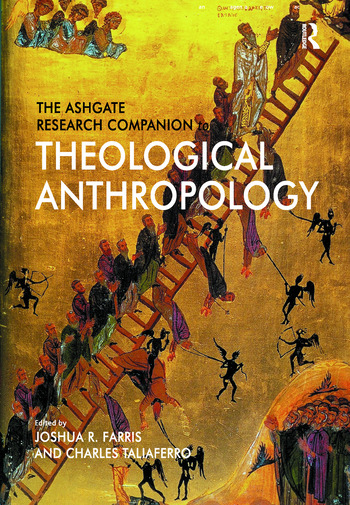THE ANNUAL MEETING OF THE EPS SOUTHWEST REGION
“Natural Theology and Revealed Theology”
Keynote Speaker:
Richard Swinburne
Professor Emeritus, University of Oxford
“God is Necessarily a Trinity”
The Havard School
Southwestern Baptist Theological Seminary
4105 Broadway St. Houston, TX 77087
March 2 – March 3, 2018
All full members and student members of EPS are invited to submit paper proposals on this year’s theme. Quality papers on topics not directly related to the theme are also welcome.
Full Members: Paper proposals should include a title and abstract (300 words) prepared for blind review, and a separate document including the presenter’s name and institutional affiliation together with the title of the proposed paper, and the presenter’s membership status. An acceptable paper should be delivered in 25 minutes with 5-10 minutes for discussion.
Student Members: Ph.D students should follow the same instructions as full members. For those studying for a Masters degree, in addition to the above requirements, student papers are to be sponsored by a full member of EPS. Proposals should include the student’s degree program and email confirmation from the sponsor who has agreed to oversee the paper’s preparation.
Non-Members: Submissions are welcome from non-members, and membership is NOT a requirement to attend, nor is membership a requirement to present. Those who hold a Ph.D or are currently enrolled in a doctoral program can submit proposals that include a title and a 300 word abstract together prepared for blind review together with a separate document containing the person’s name, institutional affiliation, and title of the proposed paper. Please indicate on this separate document non-member status.
All paper proposals should be submitted to jfarris@hbu.edu
The submission deadline is Monday January 29, 2017.
Student Paper Competition: Student members whose papers are accepted for inclusion in the program will be eligible to enter a student paper competition. Students who wish to enter the competition must submit the following to Ben Arbour at benarbour03@yahoo.com by Feb. 19, 2017:
- A titled, full version of the paper to be presented suitable for blind review.
- A 200-300 word abstract with the paper title as it appears on the blind review submission, the student’s name, pursued degree, and societal and institutional affiliations.
Winner(s) will be announced at the final plenary session of the conference. Students must present their papers at the conference to be considered for the competition.
Ben Arbour, Chair, benarbour03@yahoo.com (979) 574-1300
Joshua Farris, Program Chair, jfarris@hbu.edu (281) 649-3214
Chad Meeks, Secretary, chad.meeks1980@gmail.com (817) 773-2391
Registration will be available at the ETS Southwest Region page. A PDF of the Call for Papers can be downloaded here.





